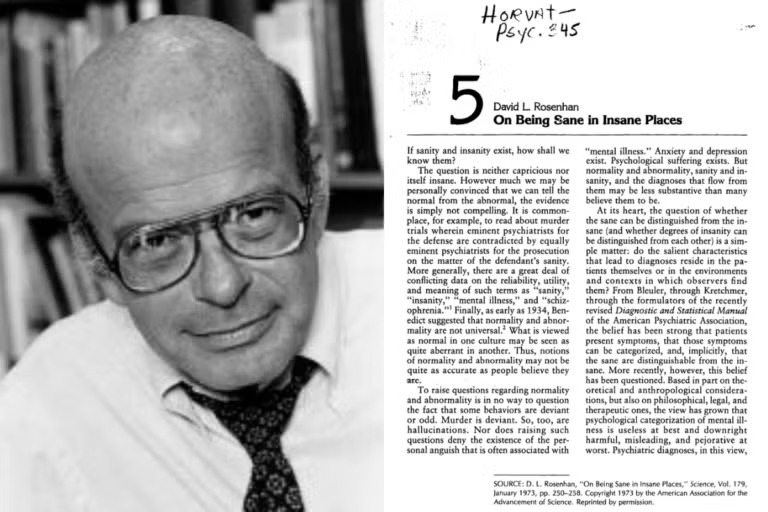
Learn to not suck at mind games
@elonmusk* endorses this account.
( *@ elonmusk is my dog's name )
How to get URL link on X (Twitter) App


 Rosenhan was a Stanford psychologist who posed radical question:
Rosenhan was a Stanford psychologist who posed radical question:


 1. Chesterton’s Fence
1. Chesterton’s Fence

 1. Sagan’s Standard
1. Sagan’s Standard

 Inside your brain, gratitude activates multiple regions simultaneously:
Inside your brain, gratitude activates multiple regions simultaneously:

 The Status Quo Principle
The Status Quo Principle
 Novalunosis — The state of relaxation and wonderment while gazing upon the stars at night.
Novalunosis — The state of relaxation and wonderment while gazing upon the stars at night.

 1/ The test
1/ The test
 1. Never Outshine the Master
1. Never Outshine the Master
 1) People don't expect much of you
1) People don't expect much of you